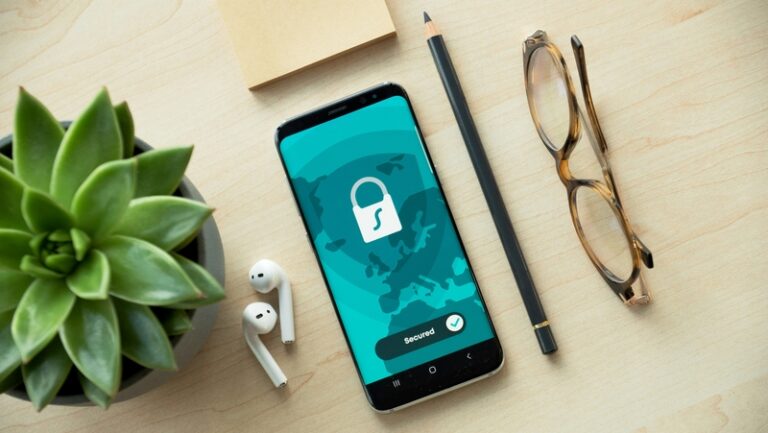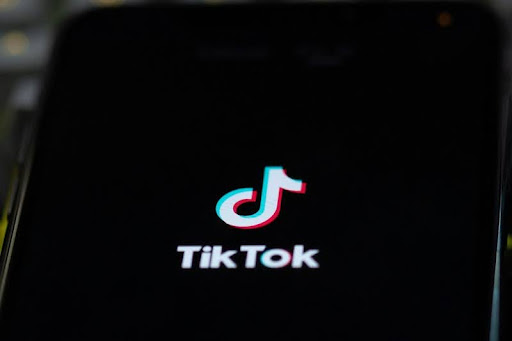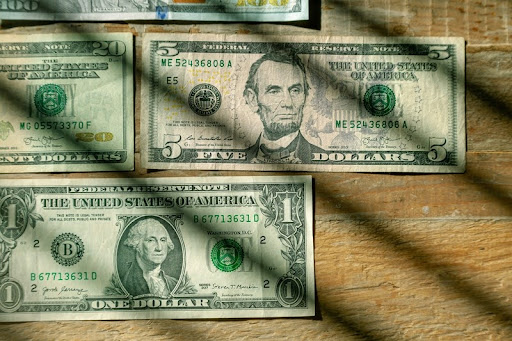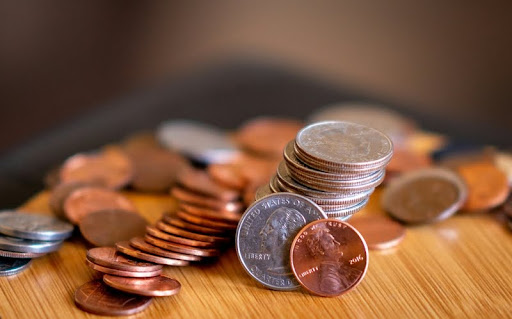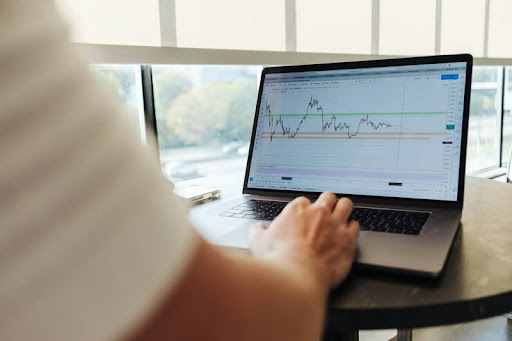
A web with a purpose—much like the dark web, it’s what you don’t see that can trap you.
The dark web is a hidden part of the internet that you can’t reach through regular browsers like Chrome or Safari. It’s accessed using special tools, most commonly the Tor browser, that anonymize users and mask online activity.
Is it illegal? Not exactly. The dark web hosts a lot of things, some legal, many not. Think private forums, whistleblower platforms, and encrypted communication channels. But it’s also a haven for cybercriminals. They buy, sell, and trade stolen data like it’s a weekend flea market. That’s the part that should concern you.
What Kind of Personal Data Is Sold on the Dark Web?
Short answer? Almost everything.
Here’s a breakdown of what’s commonly floating around out there:
- Social Security numbers – These are gold. One number can go for as little as or as much as, depending on how “fresh” it is.
- Bank account details – Logins, routing numbers, or even full account access are commonly sold.
- Credit card information – Full card numbers with expiration dates and CVVs are a dark web staple.
- Medical records – These can sell for up to 0 because they offer so much detailed personal info.
- Login credentials – Think email, streaming services, cloud storage, anything with a username and password combo.
- Driver’s licenses and passports – Identity documents are in high demand for fraud and synthetic identity scams.
What’s worse? You may not even realize your information is out there until long after it’s been sold, reused, and resold.
How Do Hackers Get My Info in the First Place?
You don’t have to do anything “wrong” for your data to end up on the dark web. A lot of the time, the breach doesn’t even start with you.
Here’s how hackers get their hands on your info:
- Phishing emails and texts – These fake messages trick you into giving away passwords or downloading malware.
- Corporate data breaches – When major companies or organizations are hacked, your data can be part of the stolen loot.
- Public Wi-Fi – That free coffee shop internet? It’s often unsecured and a hotspot for data theft.
- Malware – Malicious software can be secretly installed on your device, capturing keystrokes or spying on activity.
- Password reuse – Using the same login on multiple sites makes it easy for hackers to get into several of your accounts.
The kicker? You might never know your data was stolen until it’s too late.
Why Are U.S. Citizens Specifically Targeted by Dark Web Criminals?
There are a few reasons why Americans tend to get hit harder:
- Higher financial value – U.S. credit cards, bank accounts, and healthcare data are worth more to cybercriminals.
- Massive digital footprint – The average American uses dozens of online services and apps—each one a potential entry point.
- Healthcare and credit systems – These generate massive amounts of data that, if breached, offer rich pickings for ID theft.
- Lack of cyber awareness – Many people in the U.S. still don’t use two-factor authentication or password managers. That makes the hacker’s job easier.
Combine all that, and it’s like putting a giant “easy target” sign on the backs of millions of Americans.
What Happens When Your Data Ends Up on the Dark Web?
Once your information is out there, it can be used in all sorts of ways, and none of them are good.
- Identity theft – Criminals can open credit cards, take out loans, or file fake tax returns using your name.
- Financial fraud – Expect charges on your accounts or drained bank funds if your details are compromised.
- Account takeovers – Your email, social media, and even work accounts can be hijacked if they’re linked to reused passwords.
- Medical fraud – Someone could use your health insurance to get care, leaving you with a messy bill and incorrect medical records.
Recovery isn’t always easy, either. It can take months, or even years, to clean up the damage.
What’s the Best Way to Protect Your Data From the Dark Web?
You can’t prevent every breach, but you can make yourself a tougher target. Here’s how:
- Use strong, unique passwords – Skip the pet names and birthdays. Go for a password manager that generates and stores long, complex passwords.
- Enable two-factor authentication (2FA) – It adds an extra step to logins, making it harder for hackers to get in, even with your password.
- Avoid public Wi-Fi for sensitive stuff – Don’t check your bank account while waiting at the airport. Use a VPN if you must.
- Update your software – Those annoying update prompts? They patch security holes that hackers love to exploit.
- Limit what you share online – Think twice before posting your full birth date or address on social media.
It’s all about layers. Each step adds one more roadblock between your data and a cybercriminal.
How Can I Check if My Information Is on the Dark Web?
Good question. There are a few ways to monitor if your data has been compromised:
- Use a dark web monitoring tool – Some services (including many credit monitoring companies) scan the dark web for your email, SSN, and other identifiers.
- Check haveibeenpwned.com – This free tool lets you enter your email and see if it’s been part of known breaches.
- Set up alerts – Sign up for notifications from banks, credit bureaus, and identity protection services.
If you find your data is out there:
- Change your passwords immediately.
- Alert your bank or credit card company.
- Place a fraud alert or credit freeze with the major credit bureaus.
So, What Can You Do Today to Stay Safe?
Start small. Change your most important passwords, email, bank,and shopping accounts. Turn on 2FA wherever you can. Set up a credit freeze if you’re not applying for new credit anytime soon.
Being proactive beats being reactive. Once your data’s on the dark web, it’s out there forever. But that doesn’t mean you have to make it easy for anyone to use it.
FAQ: Dark Web and Personal Data Security
Q: What is the dark web?
A: It’s a hidden part of the internet that isn’t indexed by search engines and is often used for anonymous communication, both legal and illegal.
Q: How do I know if my information is on the dark web?
A: Use tools like Have I Been Pwned or sign up for dark web monitoring through your bank, credit service, or identity protection provider.
Q: Is it illegal to visit the dark web?
A: No, visiting the dark web isn’t illegal in the U.S., but many of the activities that happen there are.
Q: What’s the best way to protect my data from the dark web?
A: Use strong passwords, enable 2FA, avoid public Wi-Fi for sensitive tasks, and monitor your credit reports regularly.
Q: Should I freeze my credit?
A: If you’re not actively applying for loans or credit cards, freezing your credit can prevent new accounts from being opened in your name.
Final Thoughts
The dark web might feel like a distant, shadowy place. But the threats it poses are closer than you think. U.S. citizens are prime targets, not because we’re careless, but because we live in a highly connected, data-driven world.
The good news? You don’t have to be a cybersecurity expert to stay safe. Just take a few smart steps today, and you’ll be miles ahead of most people when it comes to protecting what matters most: your identity.
Got questions or want to learn more about keeping your data secure? Drop them in the comments, let’s talk about it.

